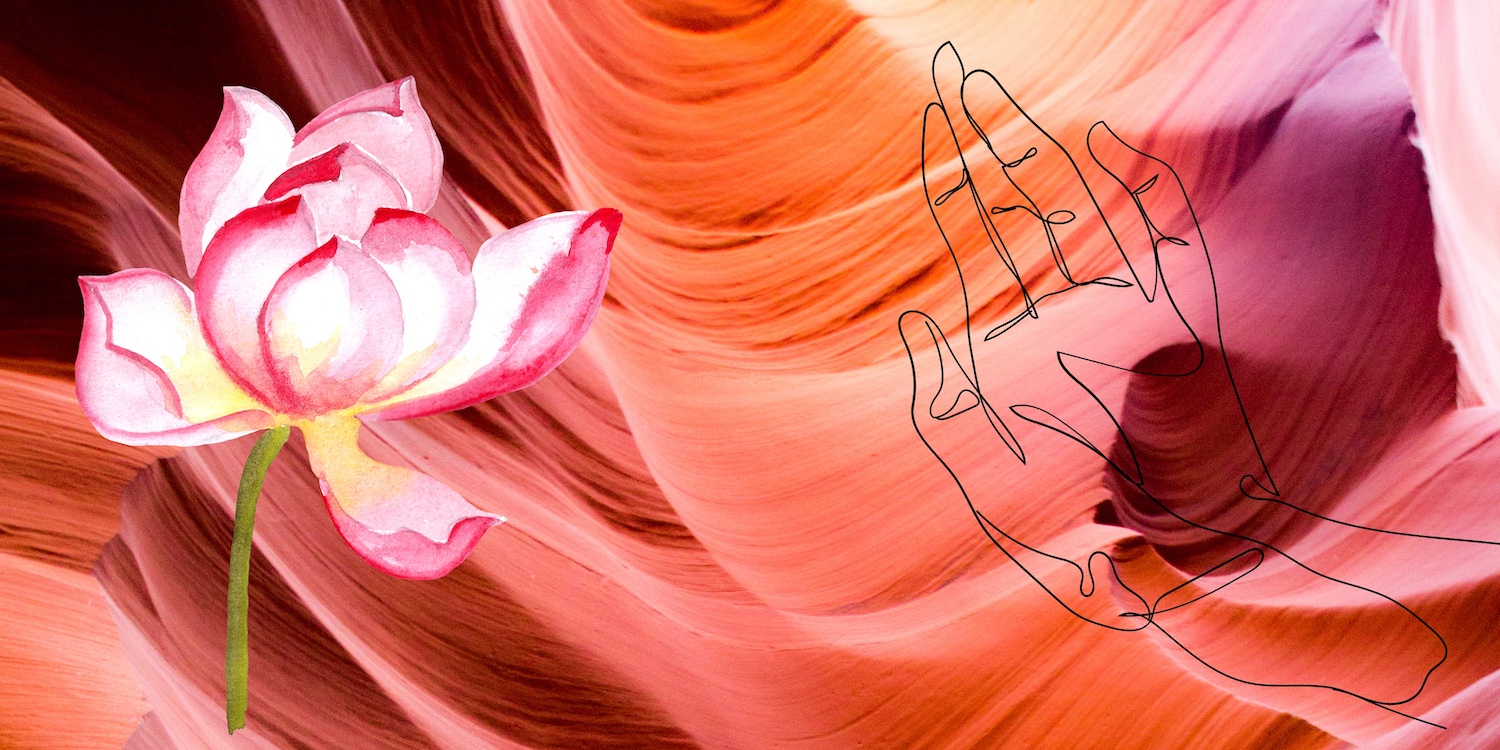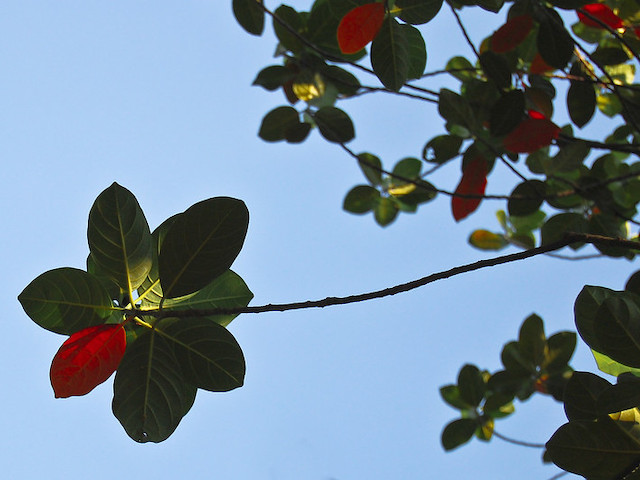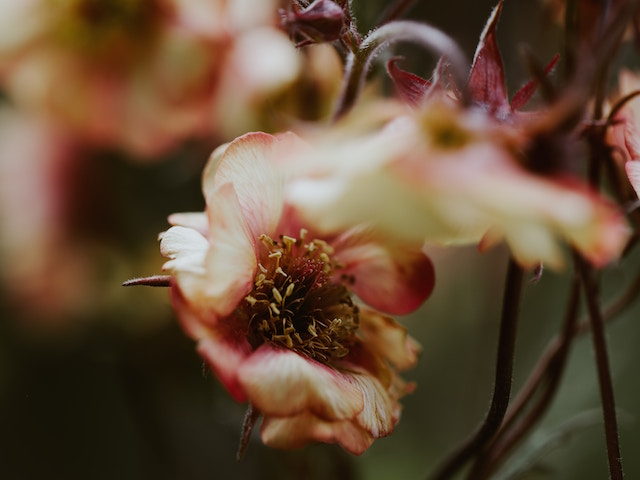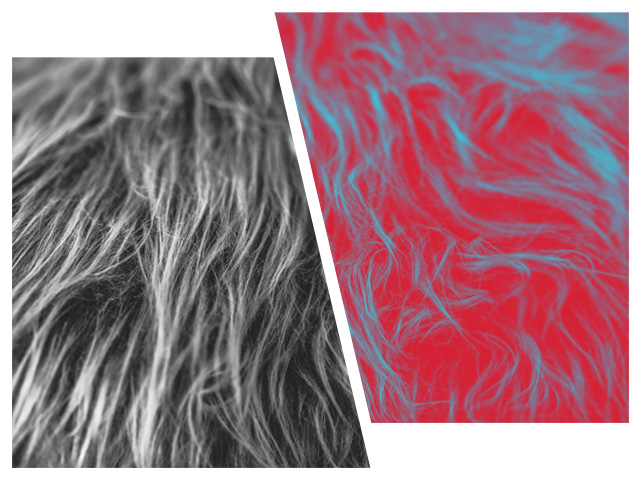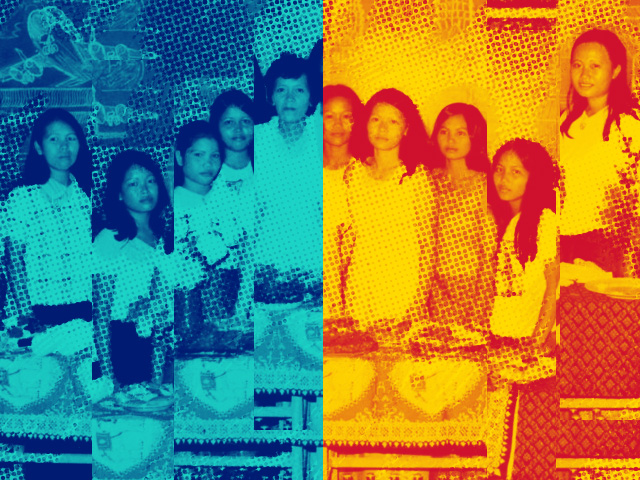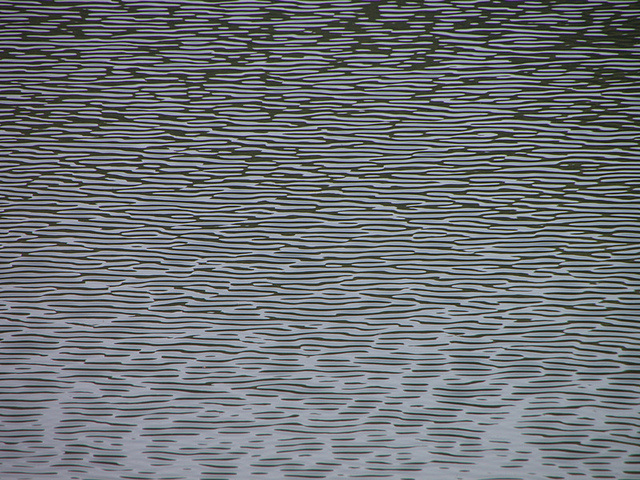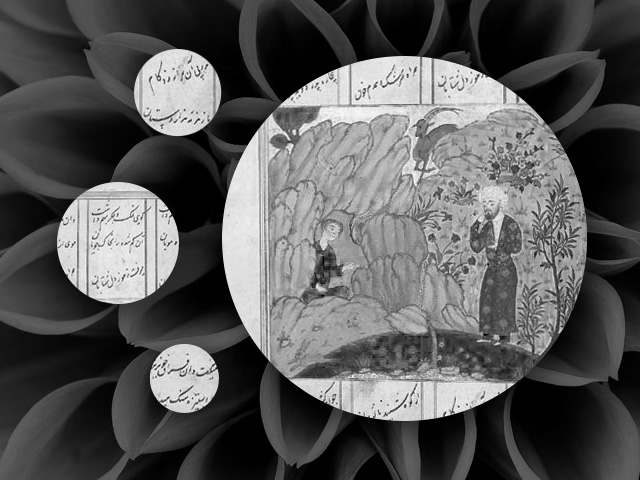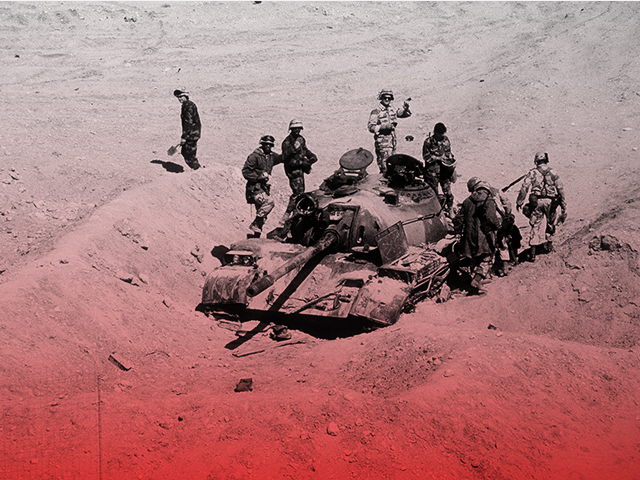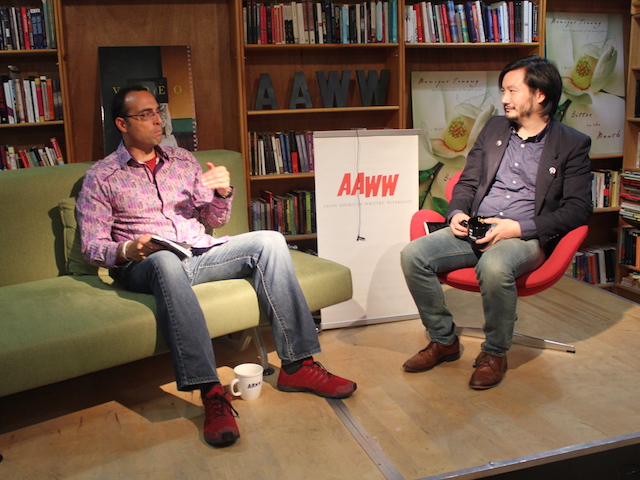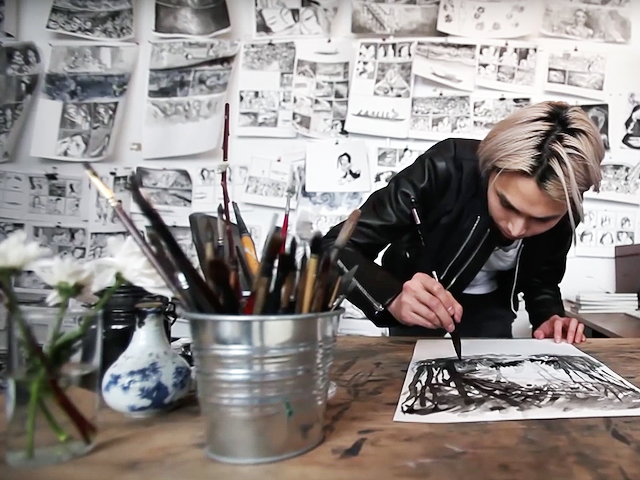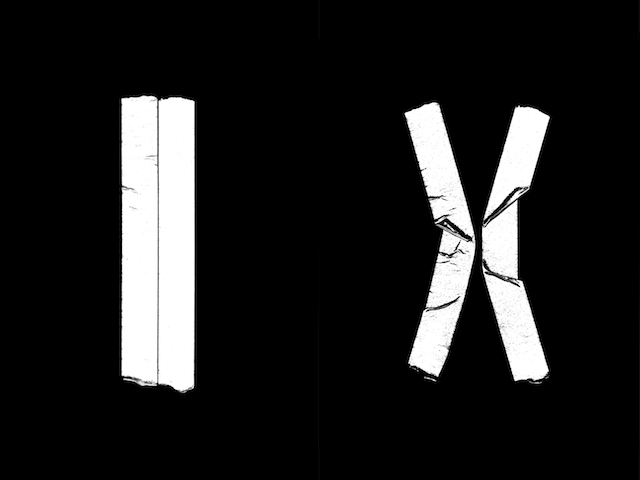Bangladesh, 1971—an excerpt from In Sensorium
I write this to fill you with love, so that one day children of war will no longer have to make sense of life through death.
Writers of the Bangladeshi diaspora reflect on liberation and identity.
/ Pərˈ(h)aps / preceding us, one ballad to each tongue,
oh, / ‘absəˌlōō(y)tlē /, we refrained from singing
For eleven / years I lied about where I’m from, / ashamed by the music of endings, // that deep hollow bell. How much of my yearly / tax is spent to bomb the dirt / that birthed me?, is a question // I never wanted to consider.
At this point I will disobey and say / you are free to go if you choose. Choice is a complicated part of describing / Palestinian heroes or terrorists.
Three generations of Cambodian women in my family wrestle with the inherited trauma of the Khmer Rouge
‘When I held him in my palm, I learned to love what made me. From time to time, I think about my father, his country, clean hands. I like to think of his hands as clean. I like to think I owe nothing to his body.’
The sun sieves through the canopy— / rivers are relenting. My soul seats itself // for the first time. Where it is quiet, it becomes cold. / There is nothing I must do but die— // what joy to let go of all things—what ease to give up.
‘First memory of English: my father orders spaghetti from a waitress. / Foreign flowers blossom in his mouth and I’m spellbound in Urdu. // On Friday afternoons, cars spill across a bleached suburb. / Not far from the mosque, look! Crooked lines of devout Urdu.’
Dissecting the violence of state, warfare, and language
‘i contour my face with sand & it is war paint on the wrong body. i puncture my nostril with steel & that is a war crime on the wrong body.’
Poet Philip Metres talks about why he chose to create an opera from a redacted history of torture
The artist’s interactive graphic novel adaptation of Nam Le’s “The Boat” is an entry point to a conversation about refugees today
Cathy Linh Che talks about her debut collection of poems, Split, and what it means to mimic flashbacks of war, immigration, and sexual violence.
The legacy of an intellectual friendship in an age of Islamophobia—on the 10-year anniversary of Said’s death.
We would like to collect information during your visit to help us better understand site use. This data is anonymized, and will not be used for marketing purposes. Read More on our Privacy Policy page. You can withdraw permission at any time or update your privacy settings here. Please choose below to continue.

